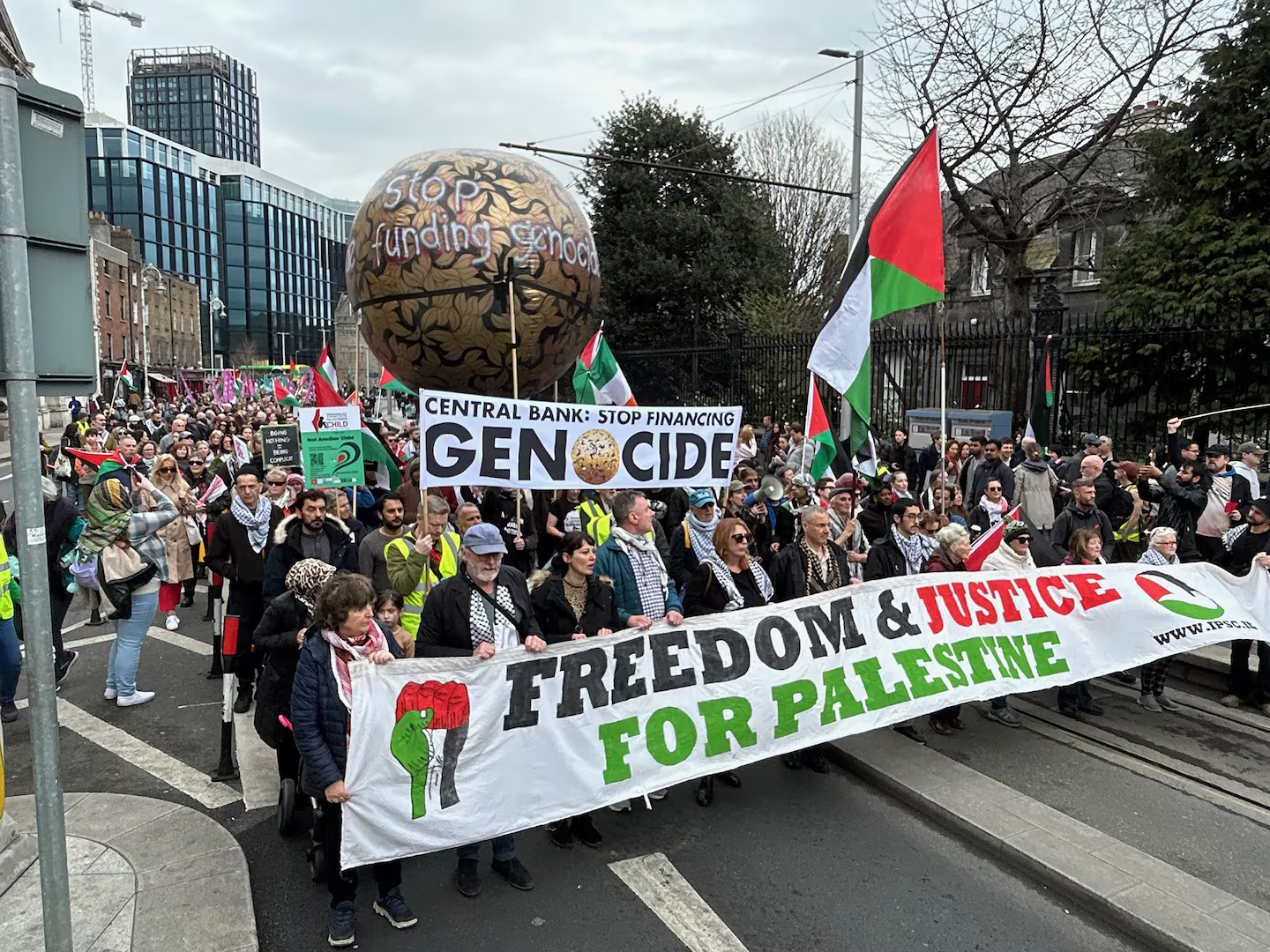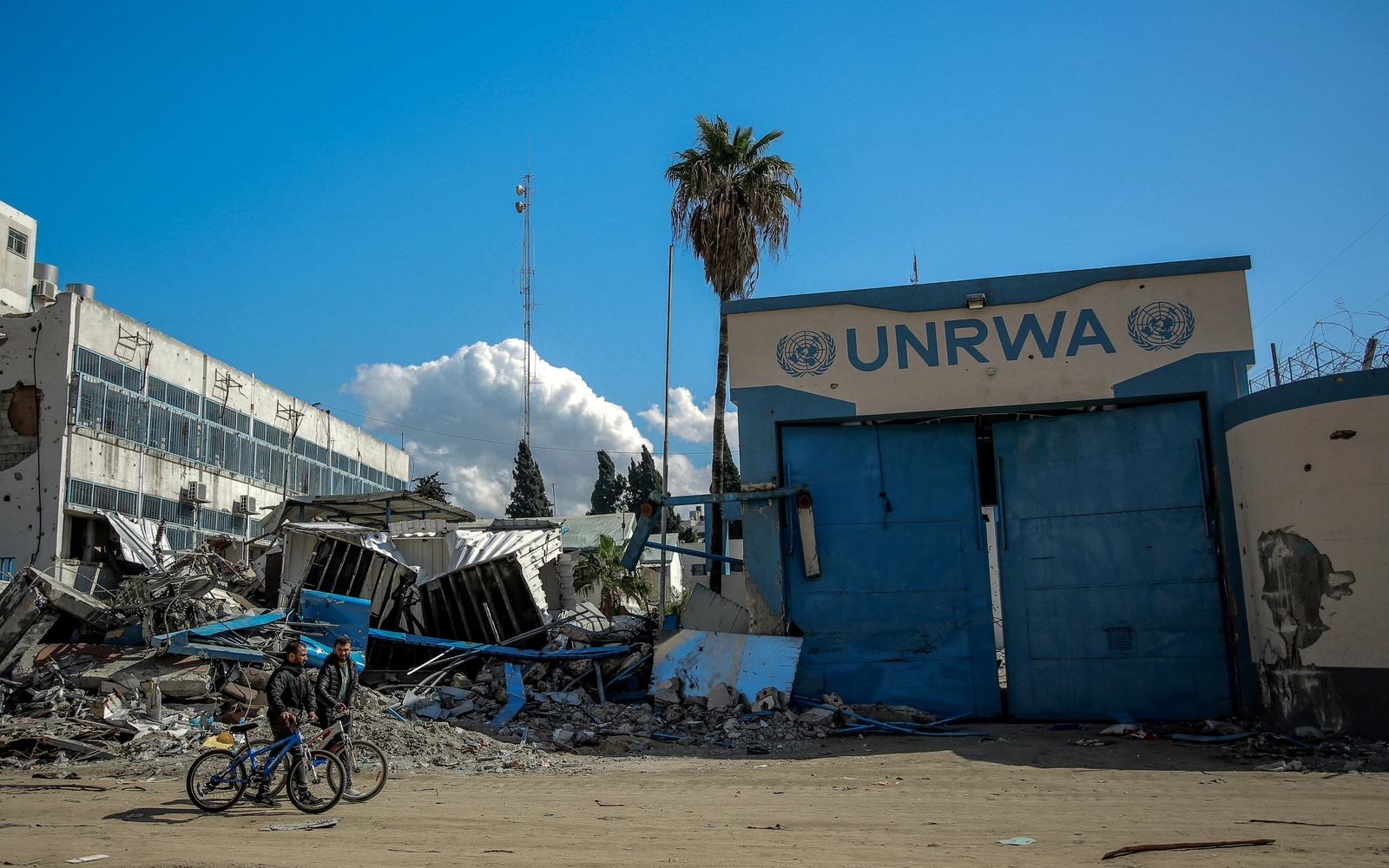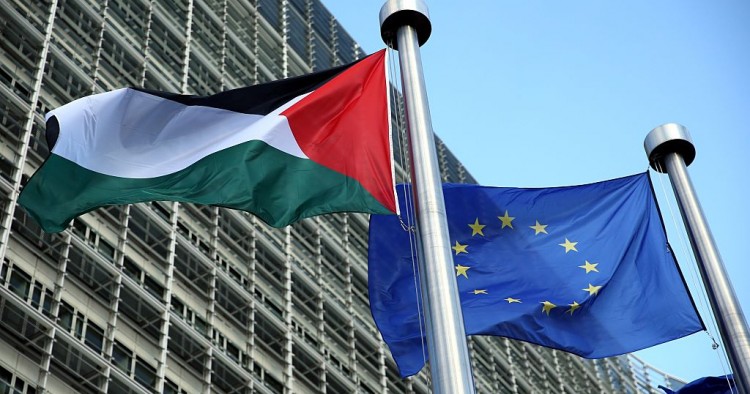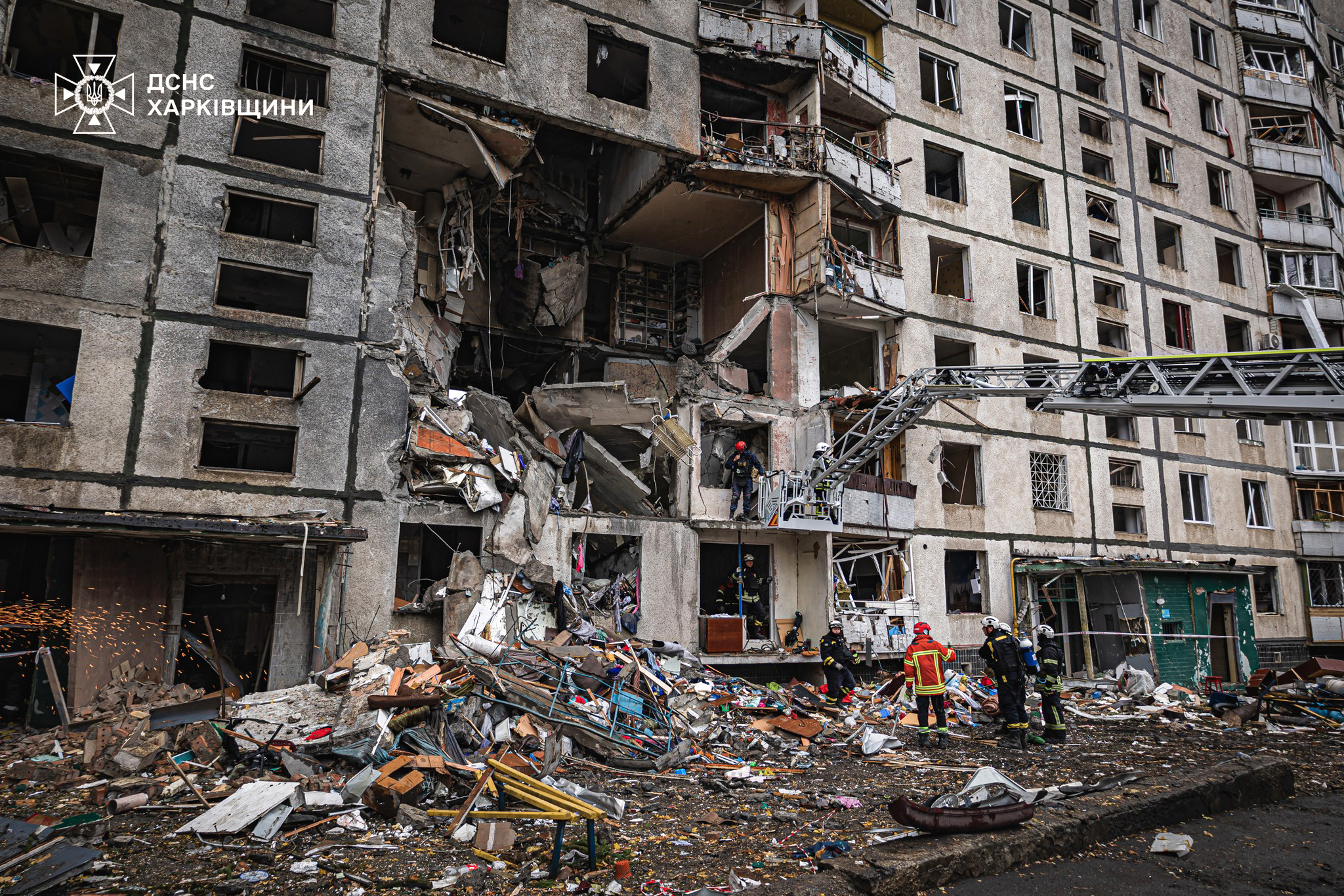From the streets of Istanbul to the campuses of Washington, D.C., from the center of Tel-Aviv to the burned-out ruins of Kočani, a wave of defiance has surged across the globe this week. Mass protests, many led by students, women, and civil society, have challenged entrenched powers with a message of unified resistance: the age of silence is over
These uprisings, while geographically scattered, share connective threads—against surveillance, militarism, ethnic discrimination, colonial occupation, and the erosion of democracy. They rise not as isolated moments but as evidence of a broadening global resistance to authoritarian drift.
Turkey: Erdoğan’s Suppression Backfires as Masses Flood Streets
The arrest of Istanbul’s mayor, Ekrem İmamoğlu, under charges of corruption and terrorism, has become the flashpoint of a national rebellion against Recep Tayyip Erdoğan’s autocratic rule. For over a decade, Erdoğan has tightened control over Turkey’s institutions, silencing judges, neutering parliament, and jailing critics.

İmamoğlu’s detention—just months before critical elections—was met with outrage. Hundreds of thousands poured into the streets across Istanbul, Izmir, Ankara, and beyond. Police repression has been swift and brutal. But Erdoğan’s response—deploying riot units, banning gatherings, and issuing mass arrests—has only intensified resistance. Organizers now speak openly of general strikes and political realignment.
France: Tens of Thousands March Against Racism and Fascism
In France, where far-right politics has increasingly infected the mainstream, protesters marked the International Day Against Racism with sweeping marches through Paris, Marseille, Lille, and Strasbourg. Chanting “No to fascism, no to Le Pen,” demonstrators criticized President Emmanuel Macron’s government for normalizing xenophobia while allowing the far right to dictate immigration policy.

Organizers linked domestic racism to foreign policy, calling out France’s arms exports to Israel and support for anti-migrant policies in the Mediterranean. “You cannot oppose racism at home while funding apartheid abroad,” one Paris speaker said.
North Macedonia: Corruption Kills—Fire Survivors Demand Justice
In the town of Kočani, a nightclub fire that claimed 59 lives ignited grief, fury, and the largest protests North Macedonia has seen in over a decade. Survivors and families blame systemic corruption: inspectors paid off, officials asleep at the wheel, exits locked in violation of safety codes. Public anger has spread to Skopje, where demonstrators are calling for an overhaul of regulatory and enforcement systems.

The fire has become a symbol of a broader rot—a state that looks the other way until disaster hits. Protests are now targeting the Ministry of Interior, with fresh calls for resignations and prosecutions.
Serbia: The People Push Back After Novi Sad Scandal
In Serbia, where public outrage has not subsided since the Novi Sad corruption scandal, massive anti-government demonstrations continue to rock major cities. After Prime Minister Miloš Vučević resigned last week, protest leaders warned the movement had only begun. “We do not want a new face of the same regime,” read one banner.

Demands have sharpened: investigations into state-linked corruption, electoral reform, press freedom protections, and constitutional guarantees. Opposition parties, once fragmented, are now forming a united bloc against what many call a “soft dictatorship.”
Gaza Solidarity Movement Goes Global
The Israeli military’s relentless bombardment of Gaza, even during what was supposed to be a ceasefire, has outraged millions around the world. In cities across the Global South, but also in the heart of Western metropoles, protests erupted calling for an immediate arms embargo on Israel and full recognition of Palestinian statehood.

From Cape Town to Kuala Lumpur, thousands rallied outside Israeli embassies. In London, Berlin, and Chicago, student walkouts and Jewish-led marches demanded an end to “complicity in genocide.” Activists accuse Israel of ethnically cleansing Gaza under the guise of self-defense and have condemned Western governments for providing diplomatic and military cover.
United States: Resisting the Regime from the Streets to the Courts
In the United States, where Donald Trump’s second term has ushered in rapid authoritarian escalation, protests have swept across state capitols, courthouses, and college campuses. Activists are targeting multiple fronts: the revival of the Alien Enemies Act, mass deportation programs, the gutting of civil rights divisions, and the politicization of federal agencies.

This week’s protests coincided with a controversial IRS-ICE collaboration, in which the U.S. tax agency will assist in immigration enforcement. Lawyers, immigrants, and tax scholars condemned the move as the destruction of trust in civil institutions. “They said pay your taxes and you’ll be safe,” said one D.C. protester. “Now they come for you anyway.”
Protesters are also calling out media complicity. “The press called this a comeback,” shouted a speaker in Austin, Texas, referring to Trump’s re-election. “It’s not a comeback—it’s a coup.”
Tel Aviv: Israelis March Against Netanyahu and the War
In Tel Aviv, tens of thousands took to the streets once again in protest against Prime Minister Benjamin Netanyahu, his handling of the war in Gaza, and the broader erosion of Israeli democracy. What began as weekly anti-government rallies over judicial reforms has now transformed into an anti-war movement, with demonstrators accusing Netanyahu of sacrificing civilians—Israeli and Palestinian alike—for political survival.

Protesters demanded an immediate ceasefire, the return of hostages through diplomacy rather than escalation, and early elections to remove what they called an “illegitimate government.” Families of hostages led the march, chanting “Not in our name” and holding signs that read, “You bombed our children, too.”
Despite growing public dissent, Netanyahu has vowed to expand military operations. But the size and persistence of these demonstrations suggest that support for endless war is fracturing from within.
Dublin: Irish Protesters Demand Sanctions on Israel
In Dublin, thousands filled the streets on Saturday in one of Ireland’s largest demonstrations since the war on Gaza began, marching from the Garden of Remembrance to the U.S. Embassy. Organized by a broad coalition of trade unions, student groups, and human rights organizations, the protest called for immediate sanctions against Israel, including a ban on arms trade, diplomatic isolation, and trade restrictions.

Demonstrators carried banners reading “Sanctions Now” and “End EU Complicity”, with many linking Ireland’s own history of colonial suffering to the Palestinian cause. Speakers from People Before Profit, Sinn Féin, and grassroots Palestinian solidarity networks condemned the Irish government’s continued engagement with Israeli firms and called for expulsion of the Israeli ambassador.
One Palestinian-Irish activist stated: “Ireland cannot claim to stand for peace while continuing to trade with apartheid. Sanctions worked against South Africa. It’s time we stop pretending Israel is any different.”
The protest was peaceful but resolute, with crowds chanting “From the river to the sea, Palestine will be free” and demanding Ireland take the lead in a European push for real political consequences,not just statements.
This is not a flash in the pan. The Crustian Daily will continue to report from every front line—across borders, languages, and ideologies—to document a world no longer willing to wait. As people rise to defend rights, land, and truth, the message grows louder: We do not consent to dictatorship.
Author
Discover more from The Crustian Daily
Subscribe to get the latest posts sent to your email.













